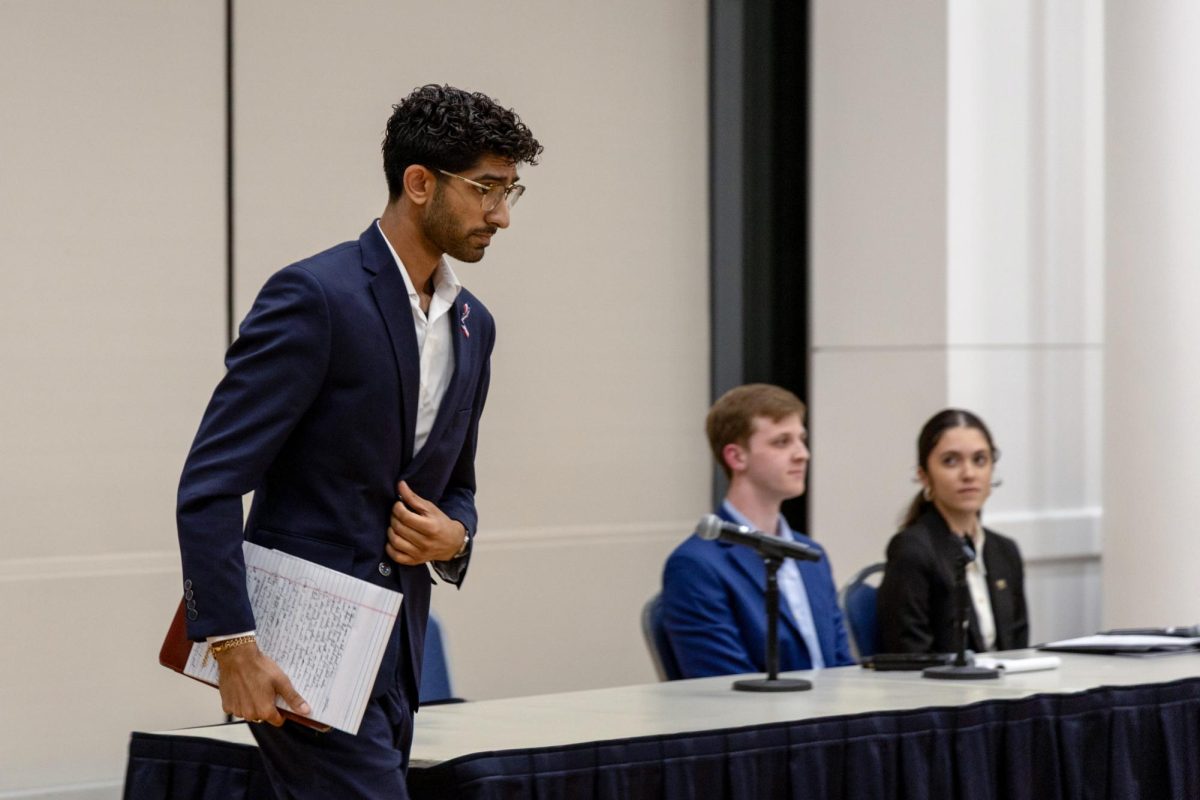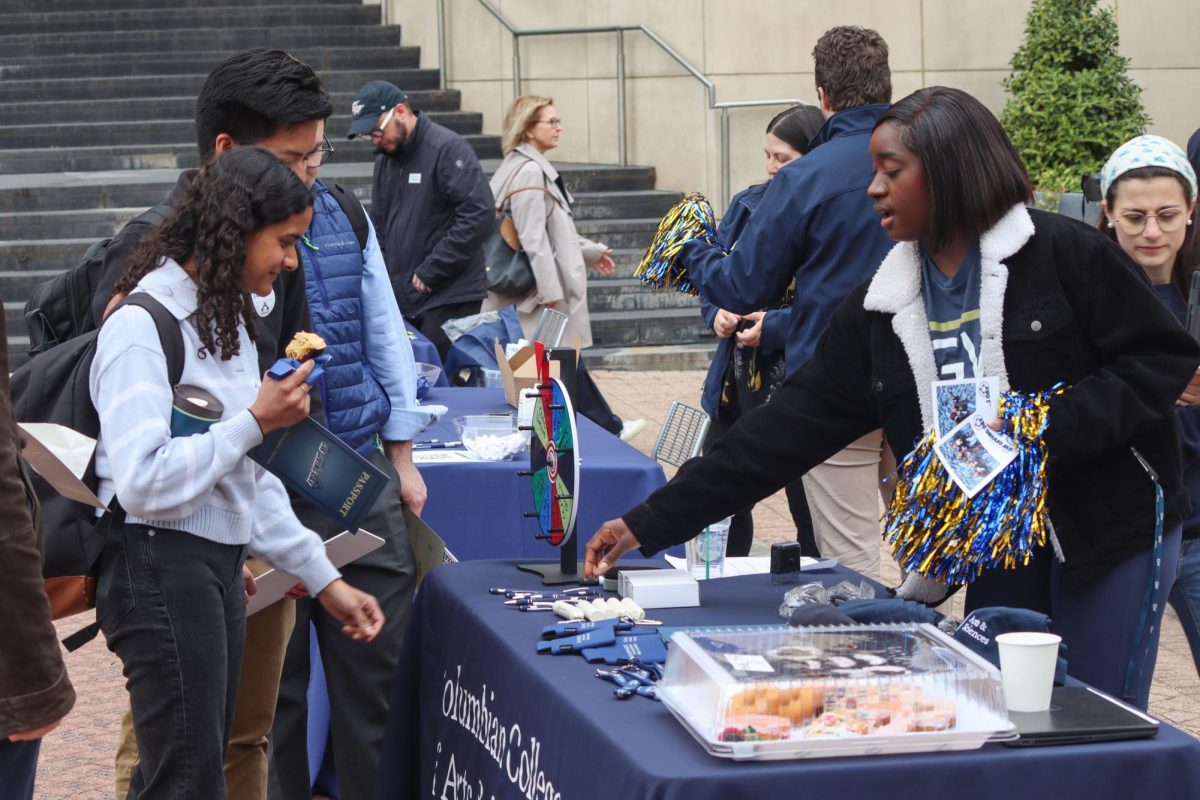Student Association presidential candidate Imani Ross apologized Wednesday for “unacceptable” Facebook posts she made in 2010 and 2012 that began informally circulating among students earlier this week.
Ross did not refer to specific incidents in the statement, but between 2010 and 2012 she made several Facebook remarks about minority groups including, “You never hear about Asian families adopting little white children” and “No mom, I am not gonna sit in the basement because of the storm. We live in Philadelphia, not Haiti or other hurricane-prone areas of the country,” according to screenshots of the posts that were obtained by The Hatchet.
Ross said the posts were made when she was as young as 13 years old, a time when she was “nowhere near” as mature and educated as she is now. But she said the posts were still “unacceptable” and she wanted to be “forthcoming” about them.
“I am truly sorry for my ignorance at that point in my life and sorry to those that will find it offensive,” she wrote in a Facebook statement. “Since then I’ve been diligent in making sure I do not use ignorance as an excuse to not being an ally and inclusive member of any community.”
Ross said the messages do not reflect the views she has held since high school and that through diversity trainings, conversations about inclusion and advocacy work, she was able to “understand how my comments were hurtful and counterproductive to values I now hold dear.”
“The Imani Ross that has been serving the GW community is not the same eighth grade Imani who made those insensitive, offensive posts online,” she said. “I have been working hard to improve myself and be the leader GW deserves. We are not defined by our past mistakes but how we choose to address them.”
The apology, which was posted on Ross’ personal Facebook page, comes in the final hours of voting in SA elections before results are announced later Wednesday.
The post comes just two days after SA executive vice presidential candidate Brady Forrest was accused of anti-Semitism for Facebook posts criticizing Jewish groups that he published as a graduate student in 2014.



